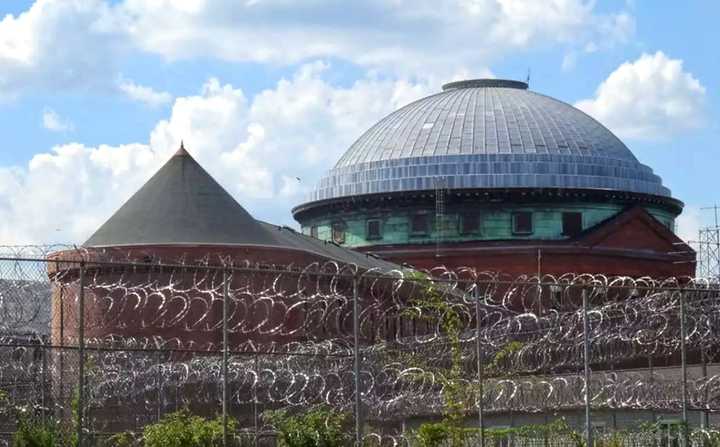The state Senate, which had already approved a broader version, rubber-stamped the more limited bill that passed the Legislature’s other house.
Murphy has said he’ll sign the measure into law. Early releases could begin a little over two weeks after that.
Initial estimates are that 2,500 to 3,000 inmates whose prison sentences end within the next 12 months could be granted early release – nearly 20% of the current state prison population.
The only inmates not eligible would be those convicted of murder or aggravated sexual assault.
As for the rest: Anyone with under a year left could have a sentence reduced by up to eight months, thanks to public health emergency credits awarded during a public health emergency declared by the governor.
That includes other violent criminals and certain sex offenders. Incarcerated juveniles are also included, as are parolees in good standing.
The measure requires that victims be notified at least five days before the inmate's early release. Any ex-con who violates any of the terms must be returned to prison, it adds.
The push for early releases began as the coronavirus spread wildly among jail and prison populations earlier this year. At one point, New Jersey’s prison system reportedly had the highest COVID-19 death rate in the nation, proponents noted.
Although infections behind bars have slowed dramatically, lawmakers went ahead with the move out of what they said was concern over a second wave of infections.
“If we don’t act now as policy makers, we will continue to have blood on our hands,” said Assembly co-sponsor Raj Mukherji, a Democrat from Hudson County. “This bill attempts to strike a balance between public safety and the health and well-being not only of our inmates but our correctional officers and staff.”
The only blood could be shed by innocent victims, opponents say, given that some convicted violent criminals could suddenly go free.
Reducing prison terms is “counterproductive to the deterrent effect of punishment,” said Assemblyman Christopher DePhillips, R-Bergen.
Also staunchly opposed is the New Jersey Law Enforcement Officers Association, which represents 600 or so members.
“In this climate of criminal justice reform, we have seen many changes as it relates to reentry and non-violent drug offenders. Legislators have sponsored numerous bills changing current laws in the state of New Jersey,” the association wrote to lawmakers last month.
“We understand that criminal justice reform may be warranted in some areas,” the letter says. “[H]owever, elected officials should not use a pandemic to promote their personal ideas of what criminal justice reform looks like. We are all held responsible for our actions, our elected officials are also held accountable for the ramifications of harmful legislation they support.”
Click here to follow Daily Voice Teaneck and receive free news updates.
